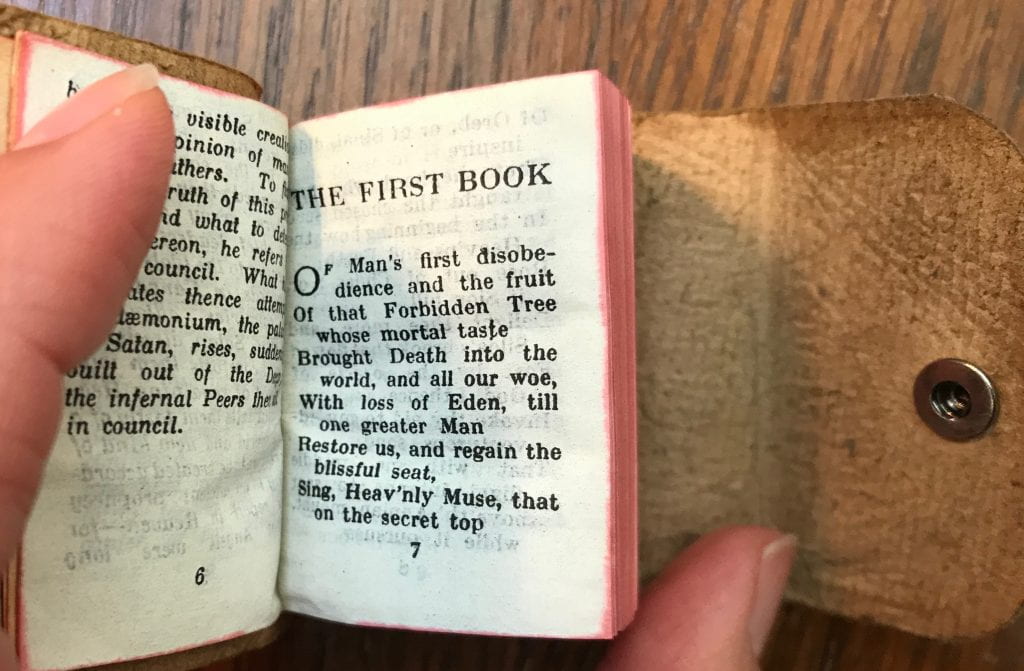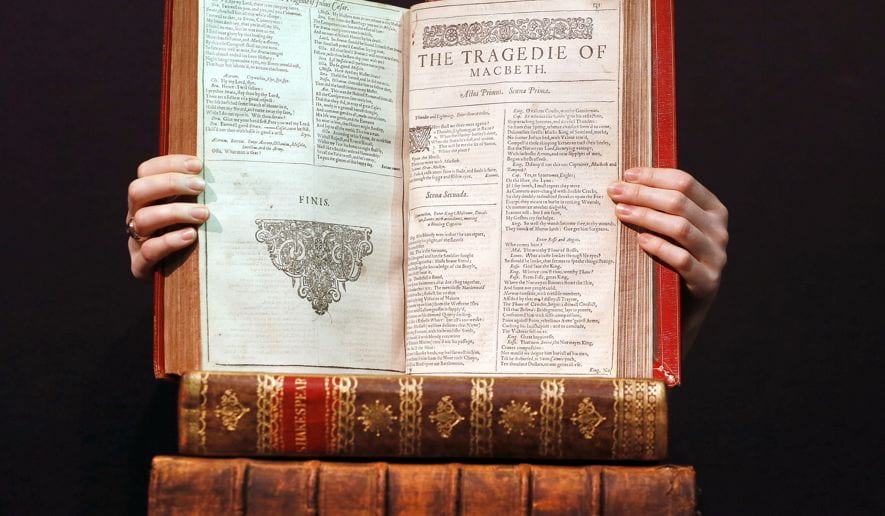
In addition to running a hundred miles through Yosemite Valley with my family, hiking the Appalachian Trail for two weeks, and teaching at the prison, this summer I also had the privilege of seeing Tom Hanks perform Falstaff in Henry IV. Hanks was transcendent. It was as if Shakespeare designed Falstaff’s role with Tom Hanks in mind and staged 1 & 2 Henry IV specifically for the small, outdoor, garden theater in Los Angeles, including the grassy hill behind the stage to serve as Gadshill and Shrewsbury. Hanks is a lovable, funny, optimisitc, and utterly genuine Falstaff, especially in his love for Prince Hal — yet refuses to be held accountable for his debts or his sins, making the play’s final scene exquisitely poignant
The awe of mountain ranges, teaching at Phillips State Prison, and live theater in LA make for a rich and beautiful summer.









